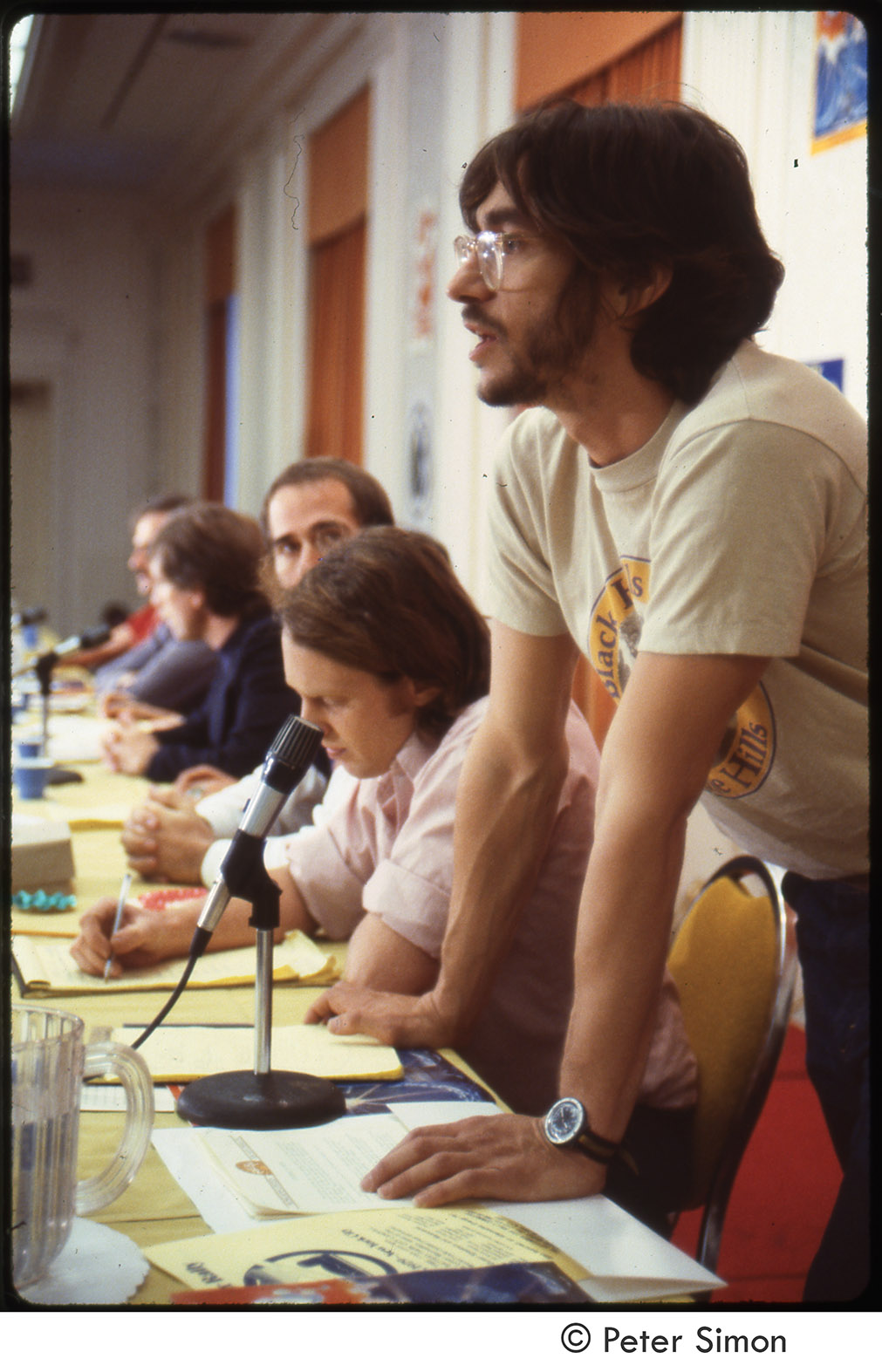George L. Waldbott Papers
After receiving his medical degree from the University of Heidelberg in 1921, George L. Waldbott accepted a residency at Henry Ford Hospital in Detroit, and embarked on a pioneering career in the study and treatment of allergic diseases. He is noted for his fundamental research on human anaphylaxis and penicillin shock, allergy-induced respiratory problems, and later in his career, the health impact of air pollutants. In 1955, Waldbott began conducting research in fluoride toxicity, becoming one of the first physicians to warn of the health effects of mass fluoridation. A founder of the International Society for Fluoride Research, he was considered one of the key figures in the antifluoridation movement for over two decades, contributing dozens of books and articles, including the influential The American Fluoridation Experiment (1957) and Fluoridation : The Great Dilemma (1978). He died in Detroit on July 17, 1982, from complications following open heart surgery.
The Waldbott Papers document one physician’s long struggle against the fluoridation of the American water supply. In addition to a considerable quantity of correspondence with other leading antifluoridation activists, the collection includes an array of subject files relating to fluoridation, air pollution, and allergens, as well as drafts of articles and offprints, newsclippings, and notes.


